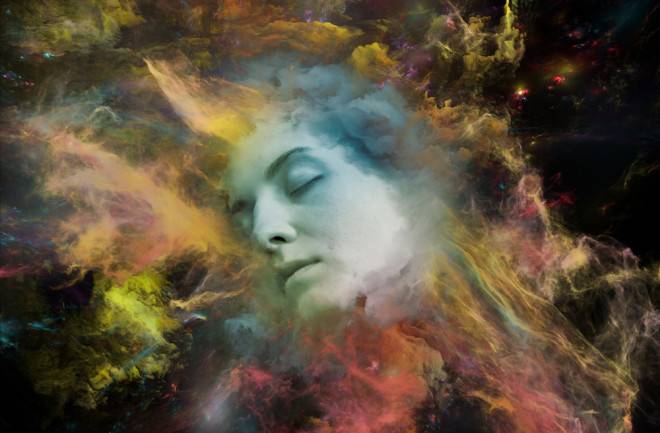Dream recall can be a fascinating yet puzzling phenomenon. While some wake up with vivid memories of their dreams, others struggle to remember even a glimpse. The process of remembering dreams involves a mix of brain activity, sleep phases, and individual factors. Here’s a closer look at why some people easily recall their dreams while others wake up to a blank slate.
Theories Behind Dream Recall
A widely discussed theory suggests that dreams are more likely to be remembered if they occur as we wake up, as opposed to forming during rapid eye movement (REM) sleep. Although REM sleep is associated with the vivid, colorful dreams we often remember, it’s not the sole phase for dreaming.
Sleep Phases and How They Impact Dreaming
Sleep consists of various phases, each affecting the type and recall of dreams differently:
Slow-Wave Sleep (SWS): This deep, restorative phase often produces dreams that are calm and monochromatic, with scenes resembling recent memories or daily experiences. While these dreams are generally low in emotional content, they may help the brain process information from the previous day.
REM Sleep: REM sleep, known for its vivid and surreal dreams, is where most memorable dreams occur. During REM, dreams are colorful and can be highly emotional or nonsensical. This phase sees intense brain activity, particularly in areas linked to emotions, which might explain why REM dreams are often bizarre or irrational. REM phases also increase towards the end of the sleep cycle, making it more likely for dreams to be remembered if we wake up naturally at this time.
Factors Influencing Dream Recall
Time of Awakening
Awakening during or just after REM sleep heightens the likelihood of recalling dreams. Morning REM cycles are longer and more intense, which may also contribute to a more vivid dream experience and recall.Night-Time Awakenings
People who wake up multiple times during the night—especially after REM sleep—are more likely to remember their dreams. Research suggests that waking up for at least two minutes is key for dreams to be consolidated into memory.Brain Activity
During REM sleep, the brain regions tied to emotions are highly active, while logical areas become less so, leading to irrational and highly imaginative dreams. This heightened emotional activity may make dreams memorable, but the brain’s varied activation can make it challenging to retain every dream.Individual Differences
Some people seem predisposed to better dream recall. This might stem from natural variations in brain structure and function, as well as personality traits or emotional responsiveness.Physiological Conditions and Medications
Physiological conditions like advanced age, certain medications (e.g., antidepressants), or neurological conditions such as Alzheimer’s disease can affect REM sleep, reducing the likelihood of remembering dreams.
Why We Forget Dreams
Interestingly, forgetting dreams may serve an adaptive purpose. Since dreams often contain irrational or bizarre content, not retaining them fully might prevent the confusion between dreams and real-life memories. Nevertheless, for those eager to remember more dreams, maintaining a consistent sleep schedule, recording dreams immediately upon waking, and setting intentions to remember dreams can sometimes enhance dream recall.
In essence, dream recall is shaped by sleep stages, timing, brain chemistry, and individual differences. While some dream vividly and frequently, others may only recall glimpses—and for some, it remains a blank mystery altogether. Whether a regular dreamer or an occasional one, the mechanisms of dream recall continue to intrigue both scientists and dreamers alike.




No comments yet
Be the first to share your thoughts!